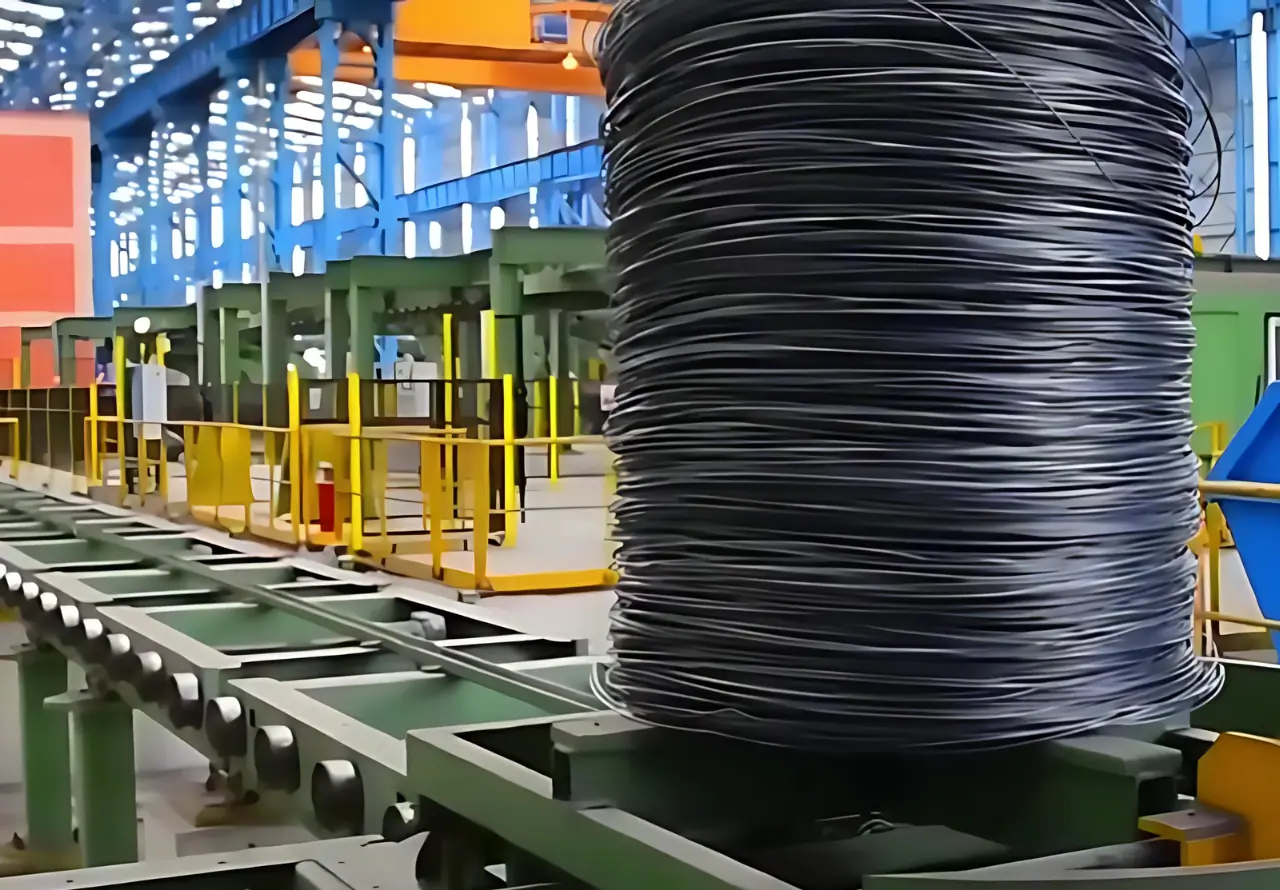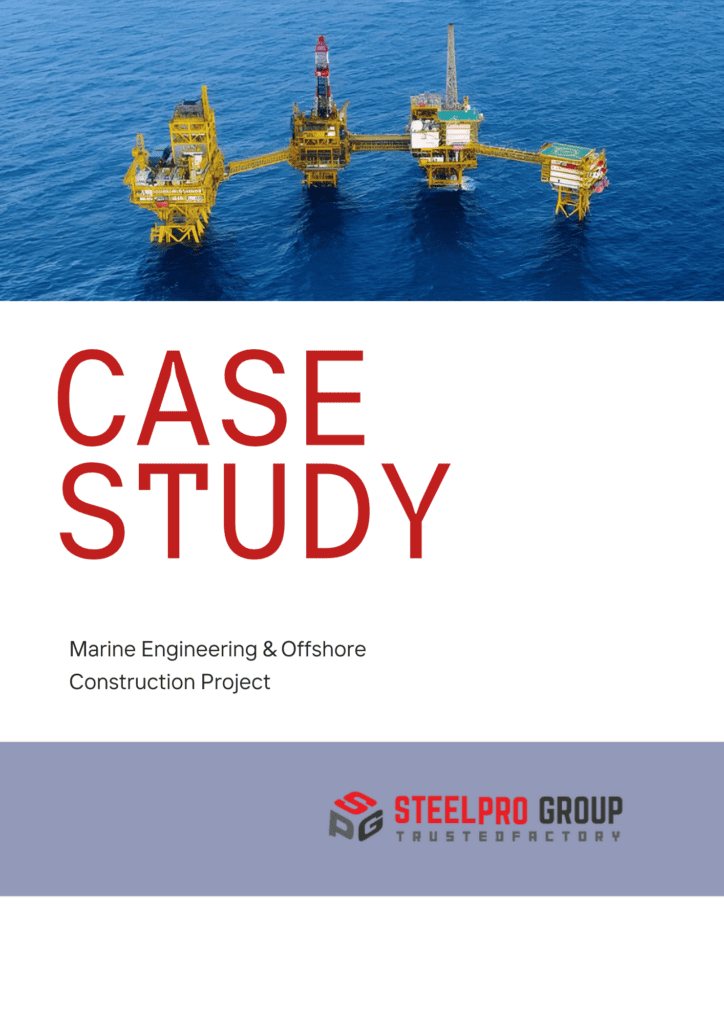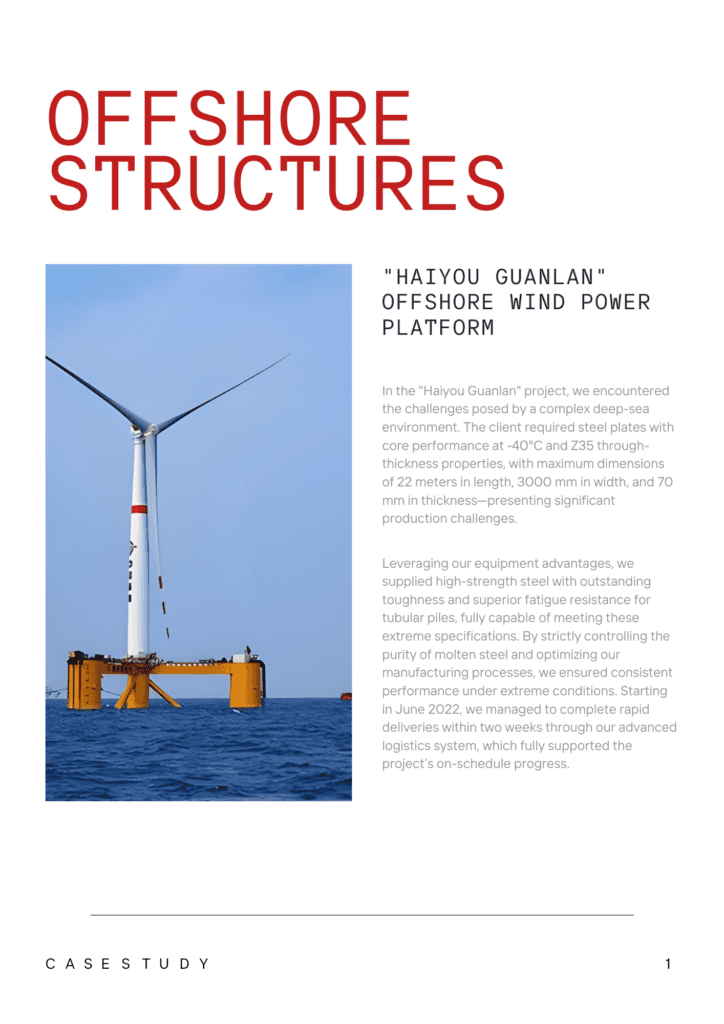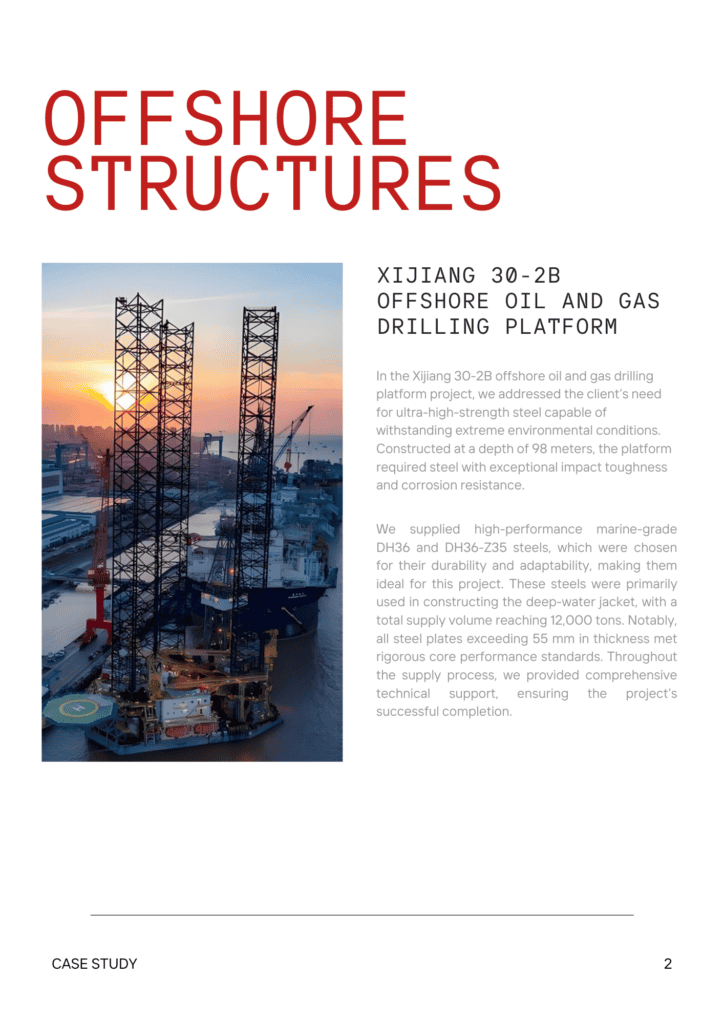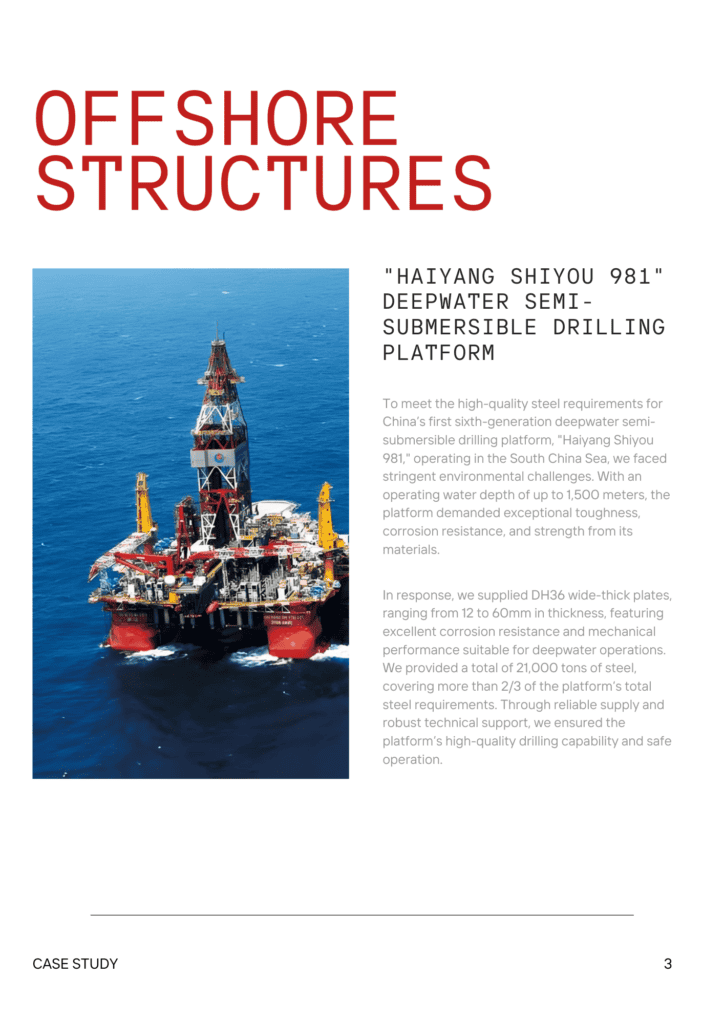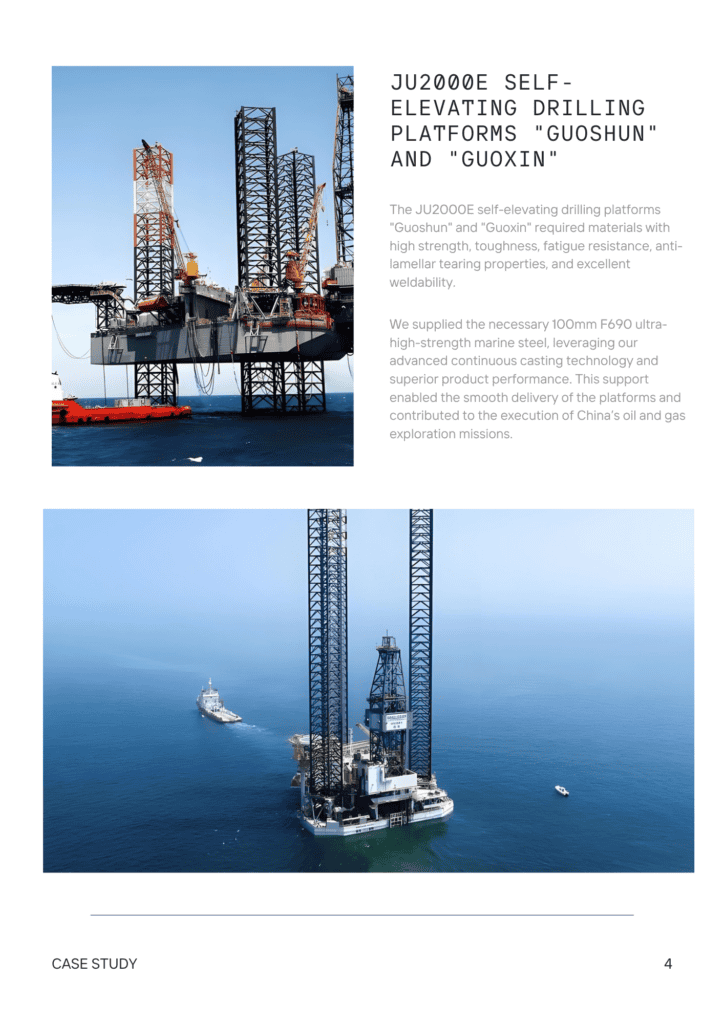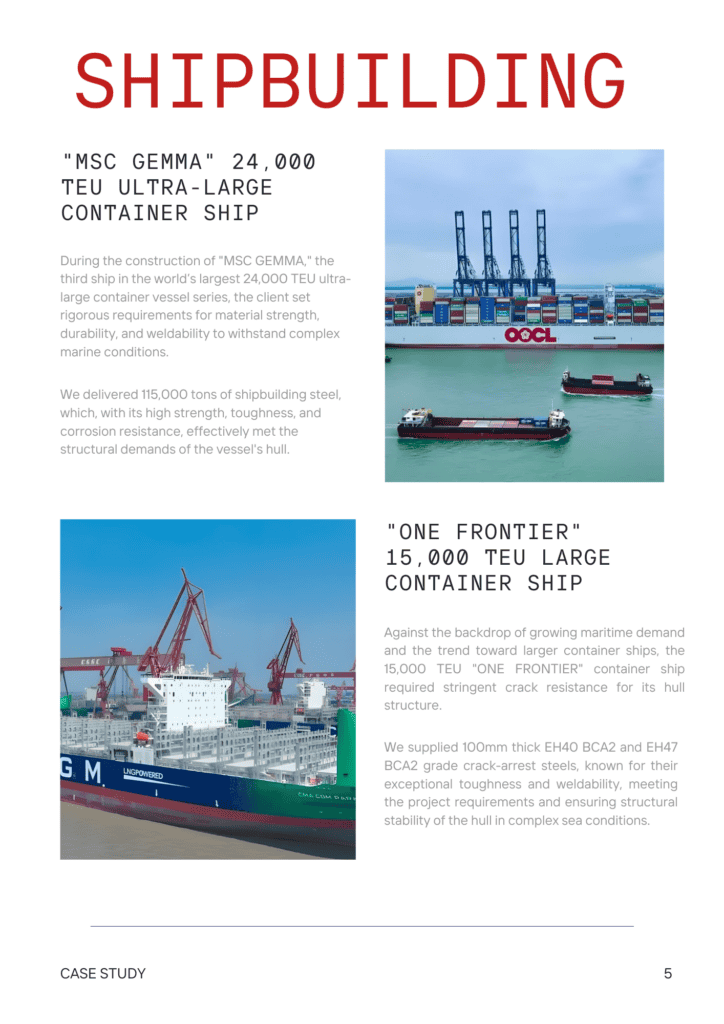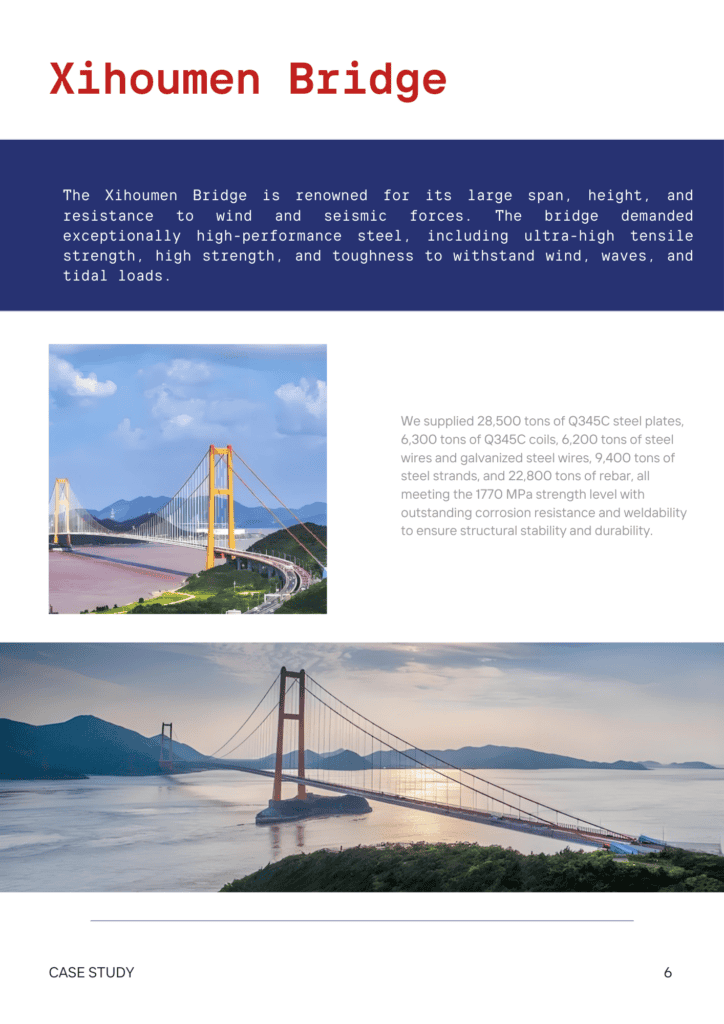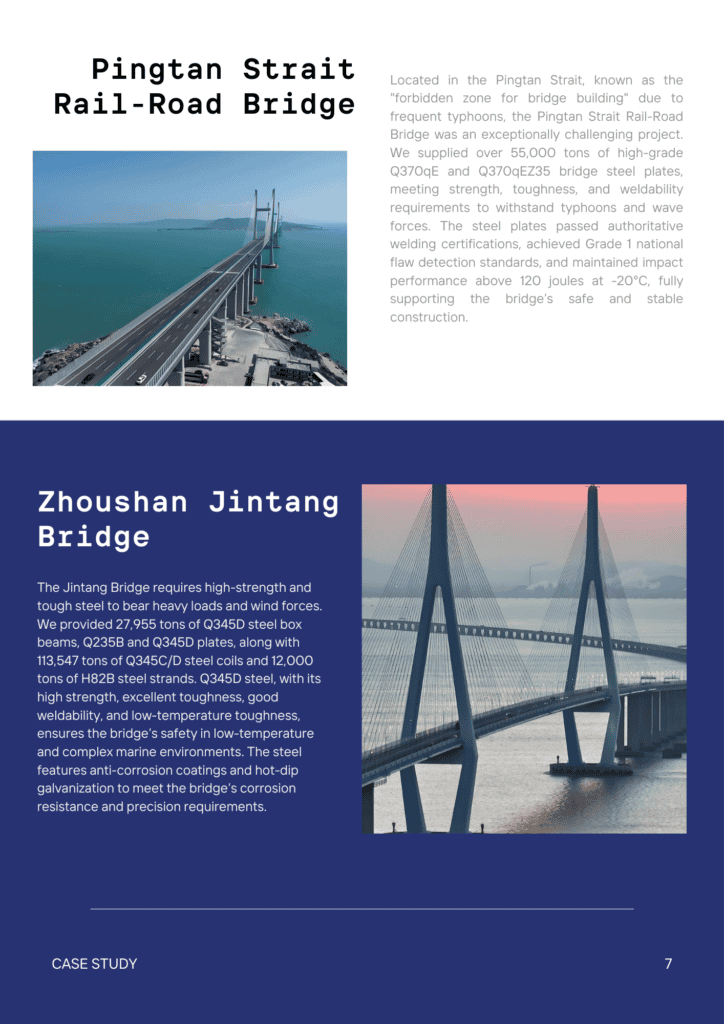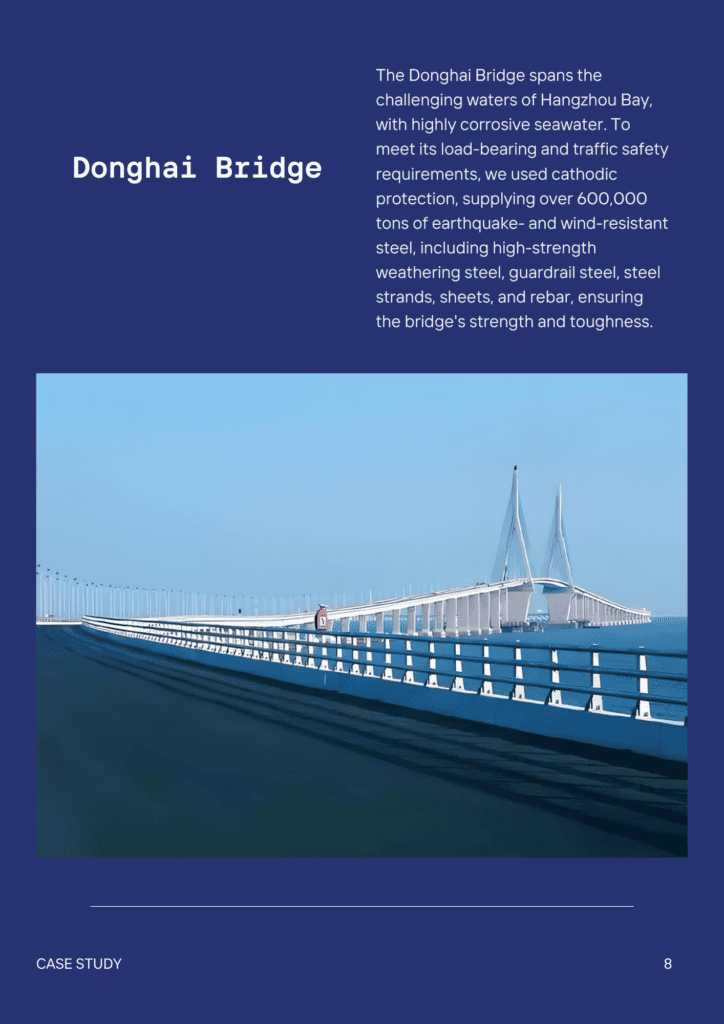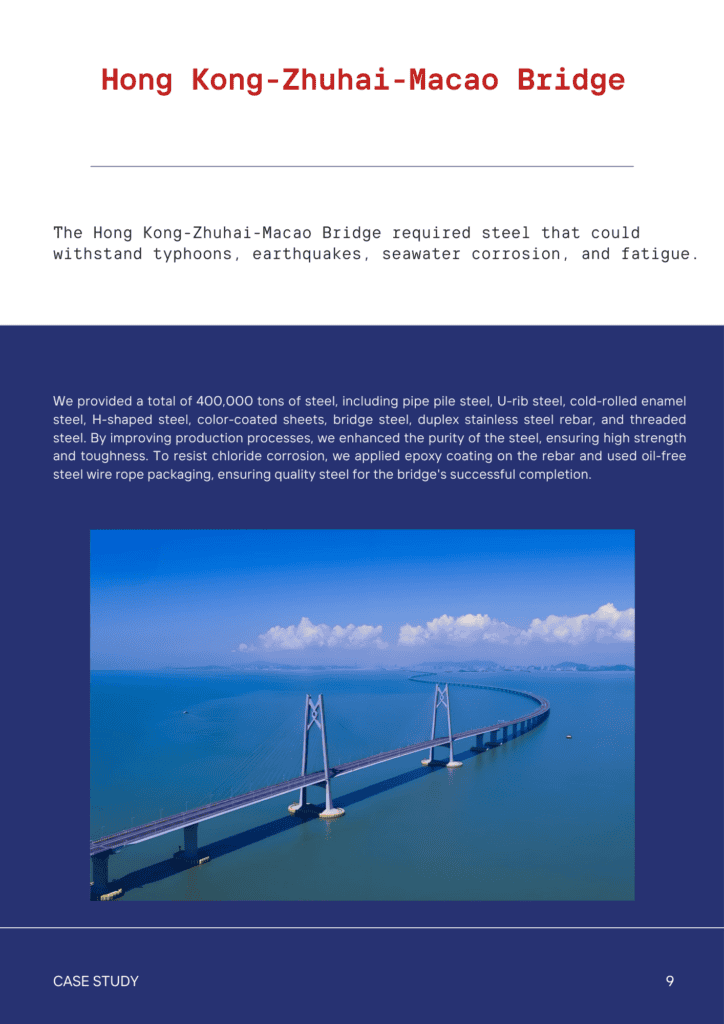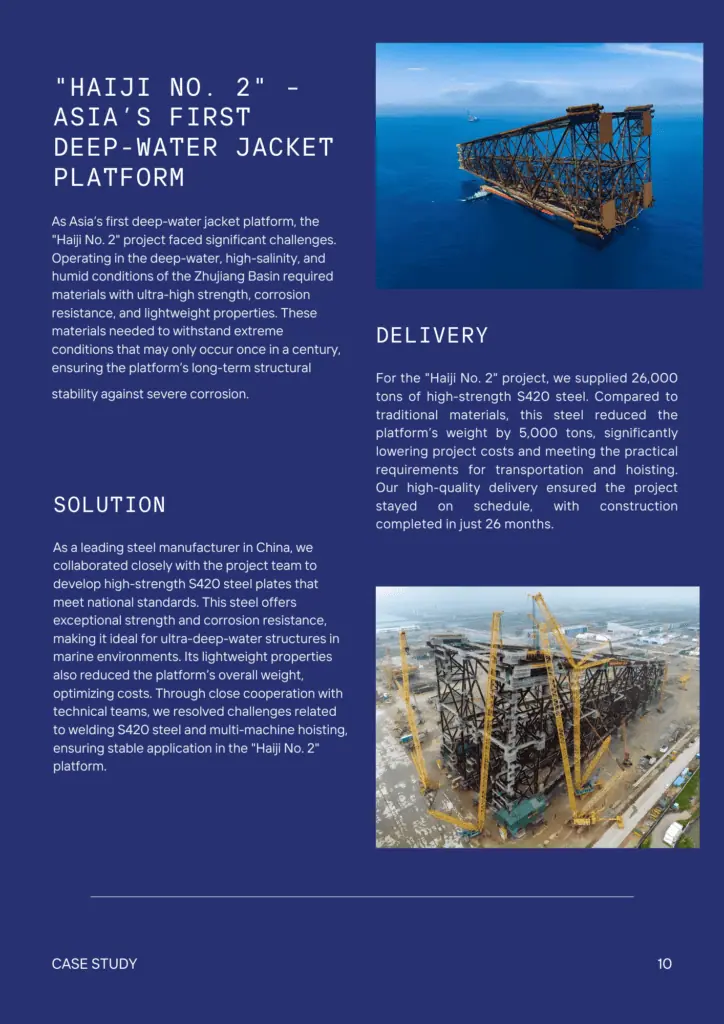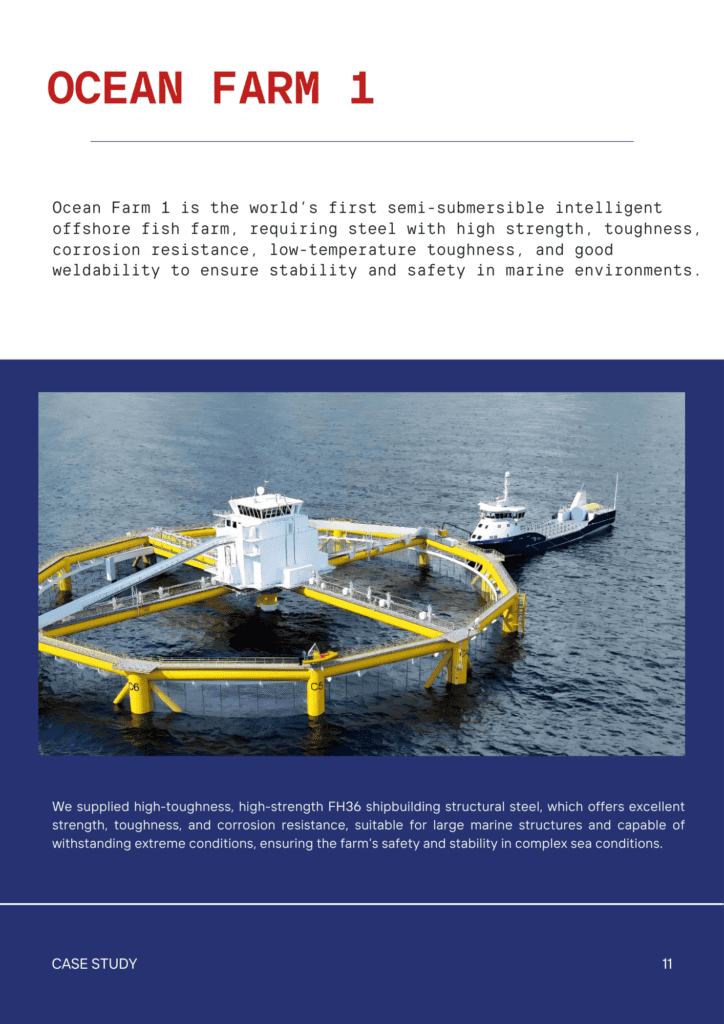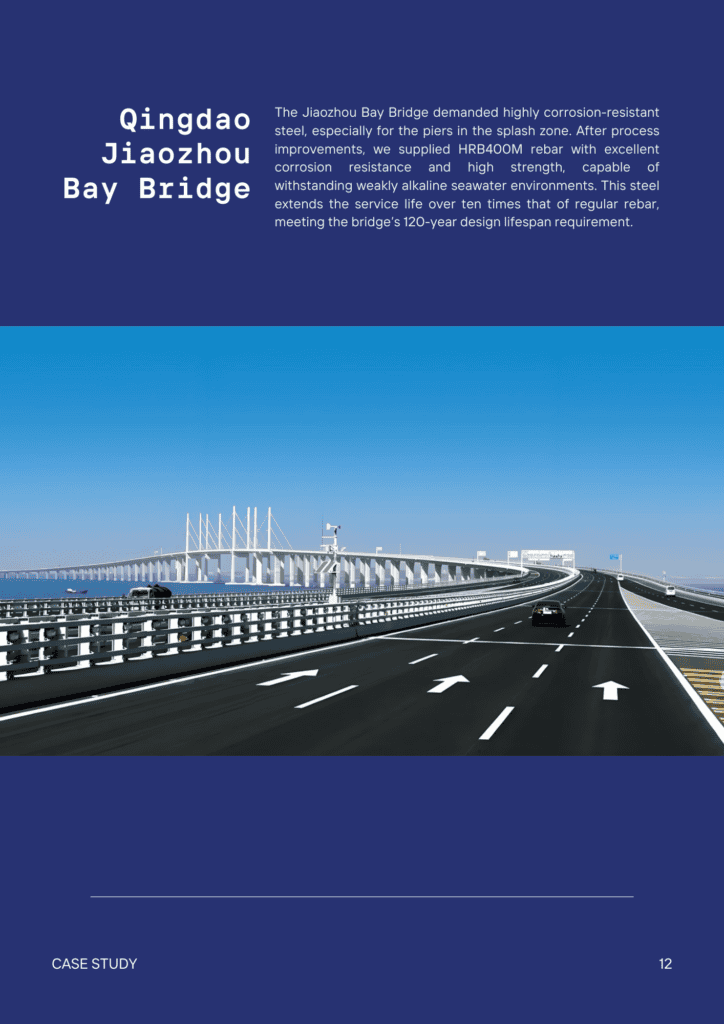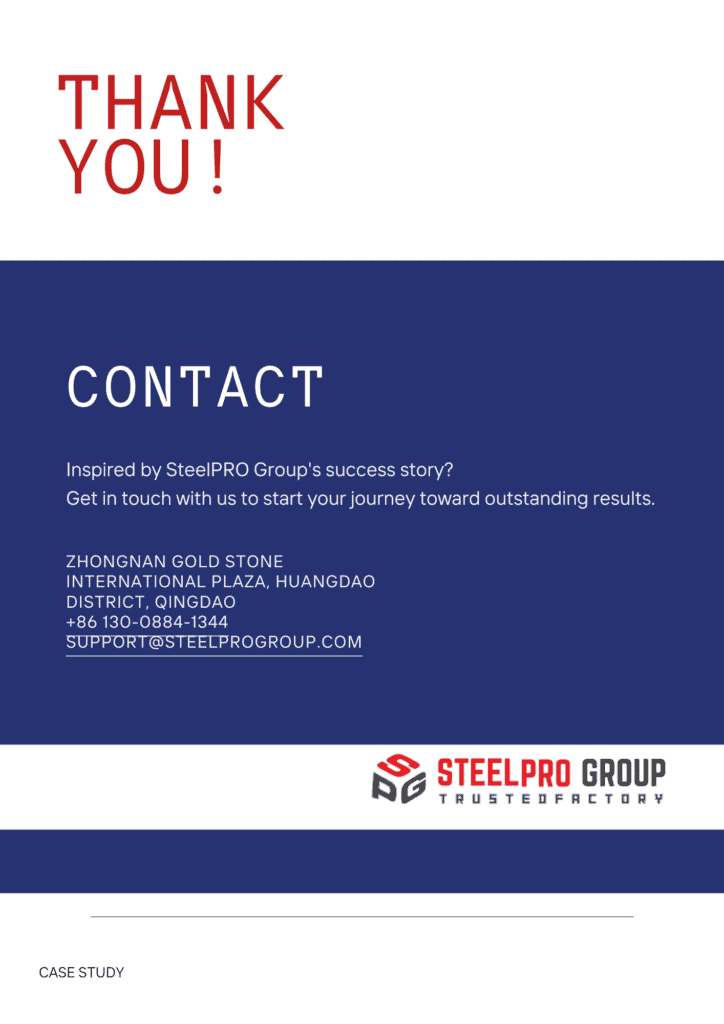60Si2Mn | 9260 | SUP6 | Silicon Manganese Spring Steel
60Si2Mn | 9260 | SUP6 | Silicon Manganese Spring Steel
60Si2Mn is a silicon-manganese spring steel commonly used in China. It follows the GB/T 1222 standard. The “60” indicates 0.6% carbon content, “Si” stands for silicon, and “Mn” for manganese. Equivalent grades include 9260 (AISI) and SUP6 (JIS). It features high strength, excellent elasticity, and good wear resistance. This steel is ideal for making various types of springs, such as leaf and coil springs, due to its high fatigue strength and toughness.
Description
What Is 60Si2Mn?
60Si2Mn is a silicon-manganese spring steel made of 0.6% carbon, 1.5-2.0% silicon, and 0.6-0.9% manganese. It is typically supplied in solid bars and plates and is processed through hot rolling. 60Si2Mn has high strength, good elasticity, and wear resistance. It is mainly used for making various springs, such as leaf springs and coil springs. This material has excellent fatigue strength and toughness, making it suitable for high-stress conditions. Depending on usage requirements, 60Si2Mn can be further processed into different hardness and strength grades.Characteristics of 60Si2Mn
60Si2Mn steel is a high-strength, high-silicon, and high-manganese alloy. It has excellent toughness and wear resistance. Its high fatigue strength makes it ideal for dynamic and high-stress applications. 60Si2Mn can be heat-treated to further enhance its mechanical properties. This steel is widely used in making springs, such as coil springs, leaf springs, and other automotive suspension components. It is also used in high-stress machinery parts, agricultural tools, and various wear-resistant parts. Consider alternatives like 50CrV, 55CrSi, or 40MnB if certain applications require improved characteristics. These grades offer different strengths, toughness, and wear resistance profiles, suitable for specific needs.Chemical Compositions
| Element | Content (%) |
|---|---|
| Carbon, C | 0.56 – 0.64 |
| Silicon, Si | 1.50 – 2.00 |
| Manganese, Mn | 0.70 – 1.00 |
| Chromium, Cr | ≤ 0.35 |
| Nickel, Ni | ≤ 0.30 |
| Copper, Cu | ≤ 0.25 |
| Phosphorus, P | ≤ 0.035 |
| Sulfur, S | ≤ 0.035 |
Physical Properties
| Property | Metric Value | Imperial Value |
|---|---|---|
| Density | 7.85 g/cm³ | 0.283 lb/in³ |
| Melting Point | 1450-1510 °C | 2642-2750 °F |
| Boiling Point | – | – |
| Thermal Conductivity | 37 W/m·K | 21.4 BTU/(h·ft·°F) |
| Electrical Conductivity | 5.88 MS/m | 34% IACS |
| Specific Heat Capacity | 0.46 J/g·K | 0.11 BTU/(lb·°F) |
| Thermal Expansion Coefficient | 11.7 µm/m·K | 6.5 µin/in·°F |
| Electrical Resistivity | 0.170 µΩ·m | 0.170 µΩ·m |
Mechanical Properties
AC (Air Cooled) Sate
| Property | Metric Value | Imperial Value |
|---|---|---|
| Tensile Strength | 1274 MPa | 184.8 ksi |
| Yield Strength | 1176 MPa | 170.5 ksi |
| Brinell Hardness HB | ≤ 321 | ≤ 321 |
| Rockwell Hardness HRB | 619.52 | 619.52 |
| Vickers Hardness HV | 304.95 | 304.95 |
| Elongation | ≥ 5% | ≥ 5% |
| Elastic Modulus | 210 GPa | 30.5 Msi |
QT (Quenched & Tempered) State
| Property | Metric | Imperial |
|---|---|---|
| Tensile Strength | 1180-1320 MPa | 171-191 ksi |
| Yield Strength | 1080-1230 MPa | 157-178 ksi |
| Elongation | 6-12% | 6-12% |
| Reduction of Area | 30-50% | 30-50% |
| Impact Absorption Energy | 39-49 J | 28.8-36.1 ft-lb |
| Elastic Modulus | 210 GPa | 30.5 Msi |
Industries & Applications
| Industry | Application |
|---|---|
| Automotive | Suspension springs, Valve springs, Clutch discs, Gear components |
| Construction | High-strength bolts, Structural beams, Rebar, Fasteners |
| Railway | Rail clips, Train suspension, Coupler components, Brake components |
| Machinery | Industrial springs, Tool components, Wear-resistant parts, Heavy machinery parts |
| Aerospace | Aircraft landing gear, Engine components, Actuator springs, Fasteners |
| Agriculture | Tractor springs, Harvester components, Plow parts, Irrigation system parts |
| Energy | Wind turbine springs, Oil rig components, Power plant springs, Transmission parts |
| Mining | Drill components, Conveyor belts, Excavator springs, Mining cart parts |
| Marine | Ship engine parts, Marine springs, Anchor components, Mooring systems |
Machining
Heat Treatment
- Annealing: Heat to 680-720°C, soak for 2-4 hours, then cool slowly in the furnace.
- Hardening: Heat to 850-880°C, soak until uniformly heated, then quench in oil or water.
- Tempering: Reheat to 400-500°C, soak for 1-2 hours, then air cool.
- Stress Relieving: Heat to 540-650°C, soak for 1-2 hours, then cool in air.
Surface Finish
- Grinding: Used to achieve precise dimensions and smooth surface finish.
- Polishing: Provides a high-quality, reflective surface.
- Shot Blasting: Removes scale and improves surface texture.
- Chemical Treatment: Such as passivation or coating to enhance corrosion resistance.
- Heat Treatment: Includes processes like nitriding or carburizing to improve surface hardness.
*Customization is available upon request.
Disclaimer
The provided heat treatment and surface treatment processes are general guidelines. Actual conditions may vary depending on specific applications and requirements. It is recommended to consult with a professional metallurgist or material scientist to tailor the processes to your particular needs. The information herein is not a substitute for professional advice and should not be relied upon as such.
Our Service
SteelPRO Group – manufacturer and solution provider for special steel, offering multi-industry application solutions and customised services, 100% quality free, accompanying customers in their growth!
Our Quality Control
- Roundness
- Tolerance
- Microstructure
- Non-Destructive Testing
- Destructive Testing
- Process Control
Service Integration Processing
- Welding
- Metal Fabrication
- CNC Machining
- Lathe
- Forming
QUESTION 1
QUESTION 2
QUESTION 3
QUESTION 4
QUESTION 4
CONTACT
CONTACT
Certifications







Other Products
-
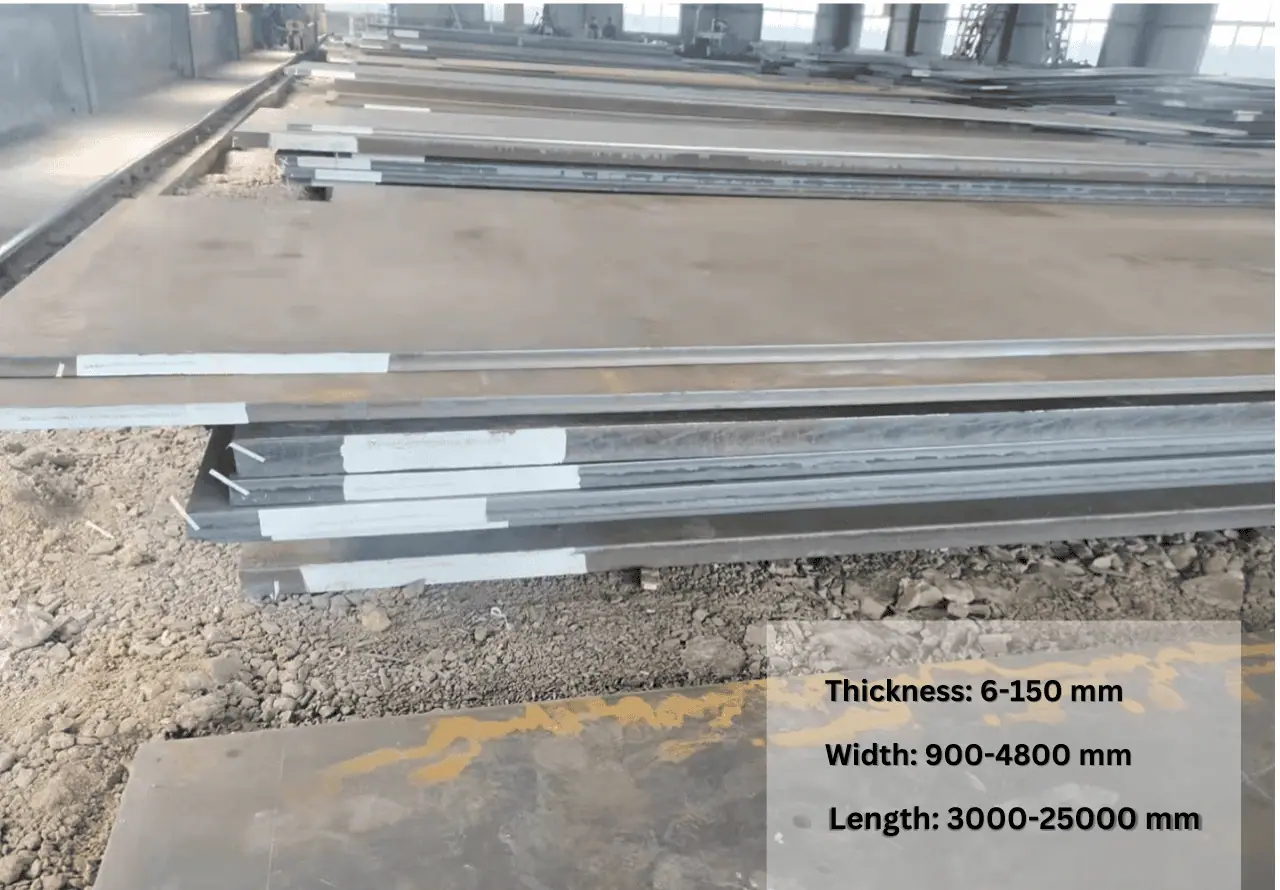
-
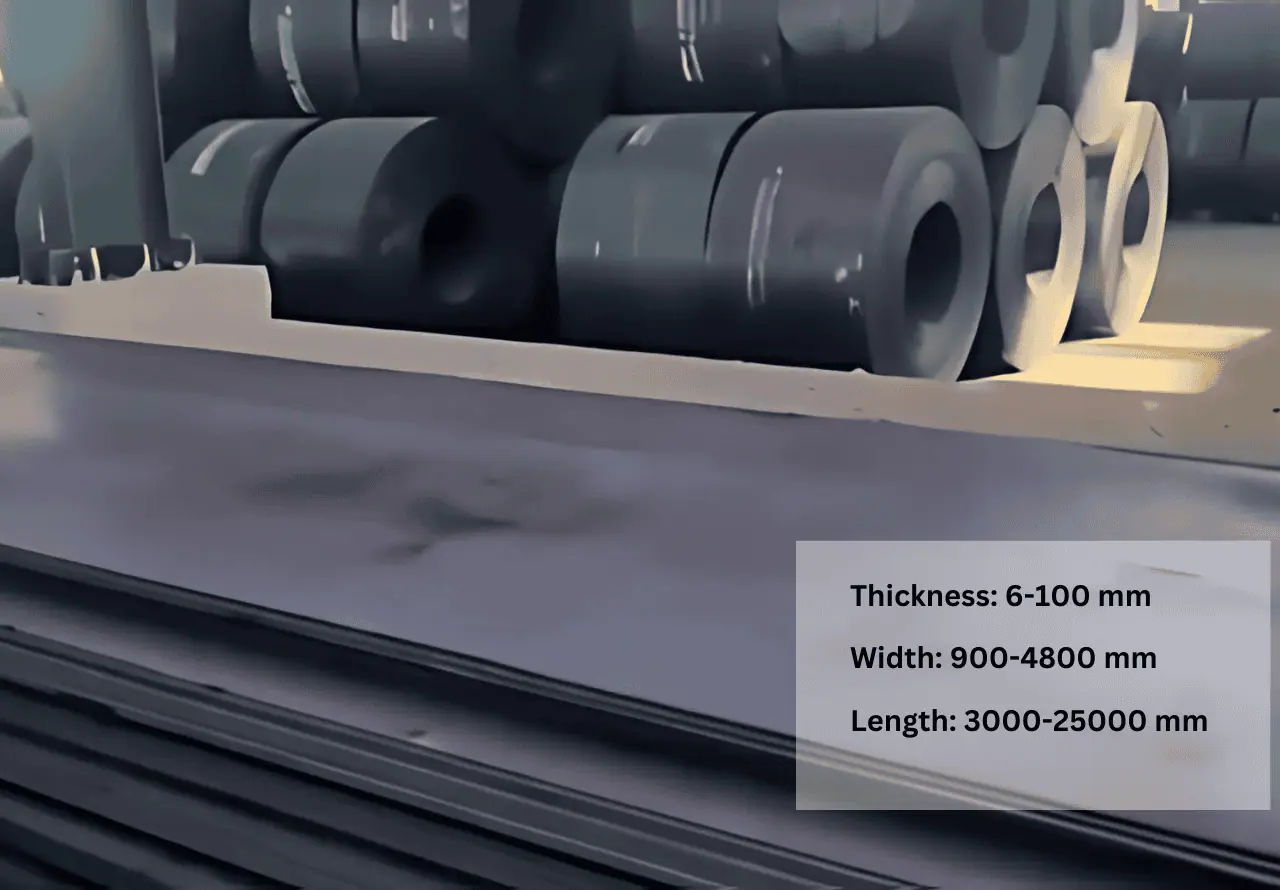
SteelPRO Group offers FH550 high-strength structural steel plates for shipbuilding....
-
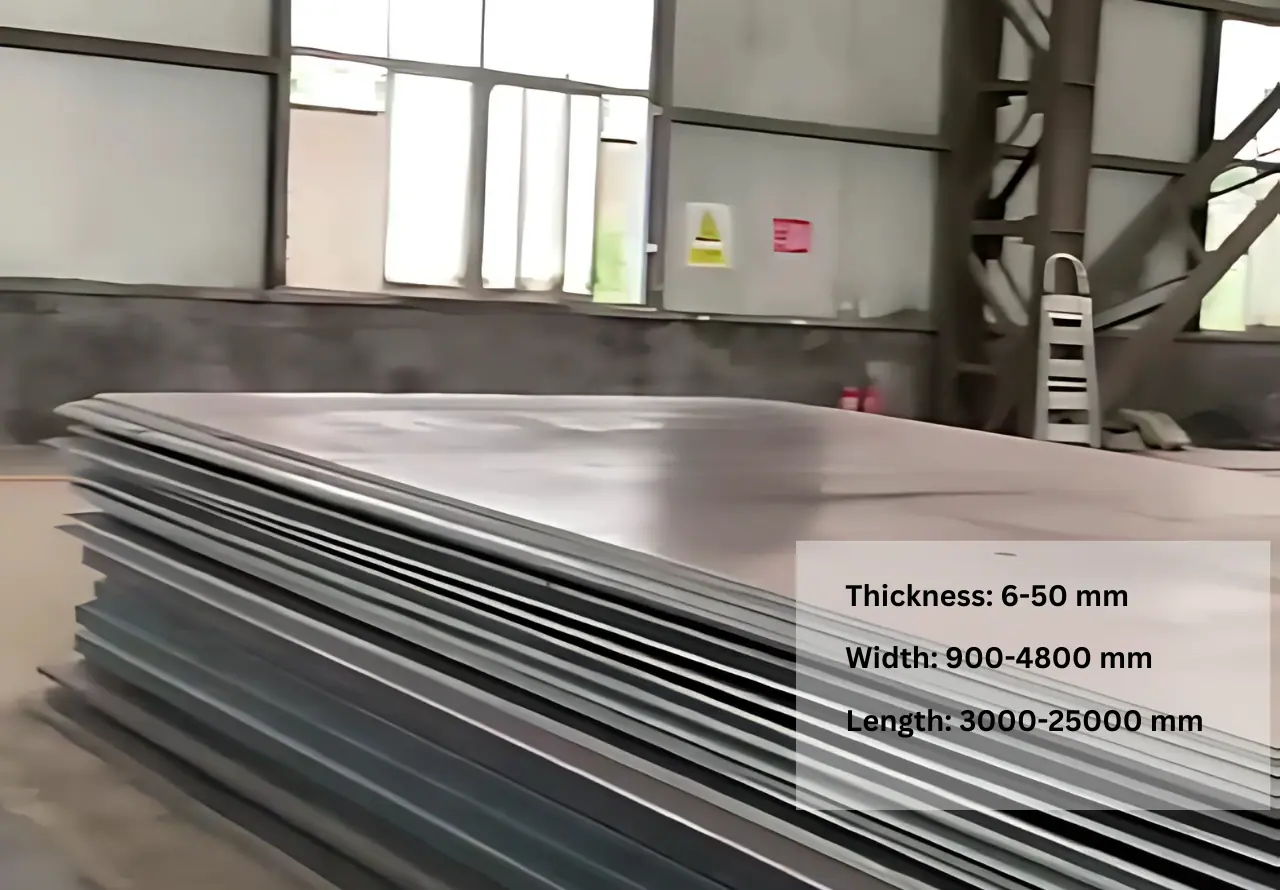
SteelPRO Group offers DH550 high-strength shipbuilding steel plates in stock....
-
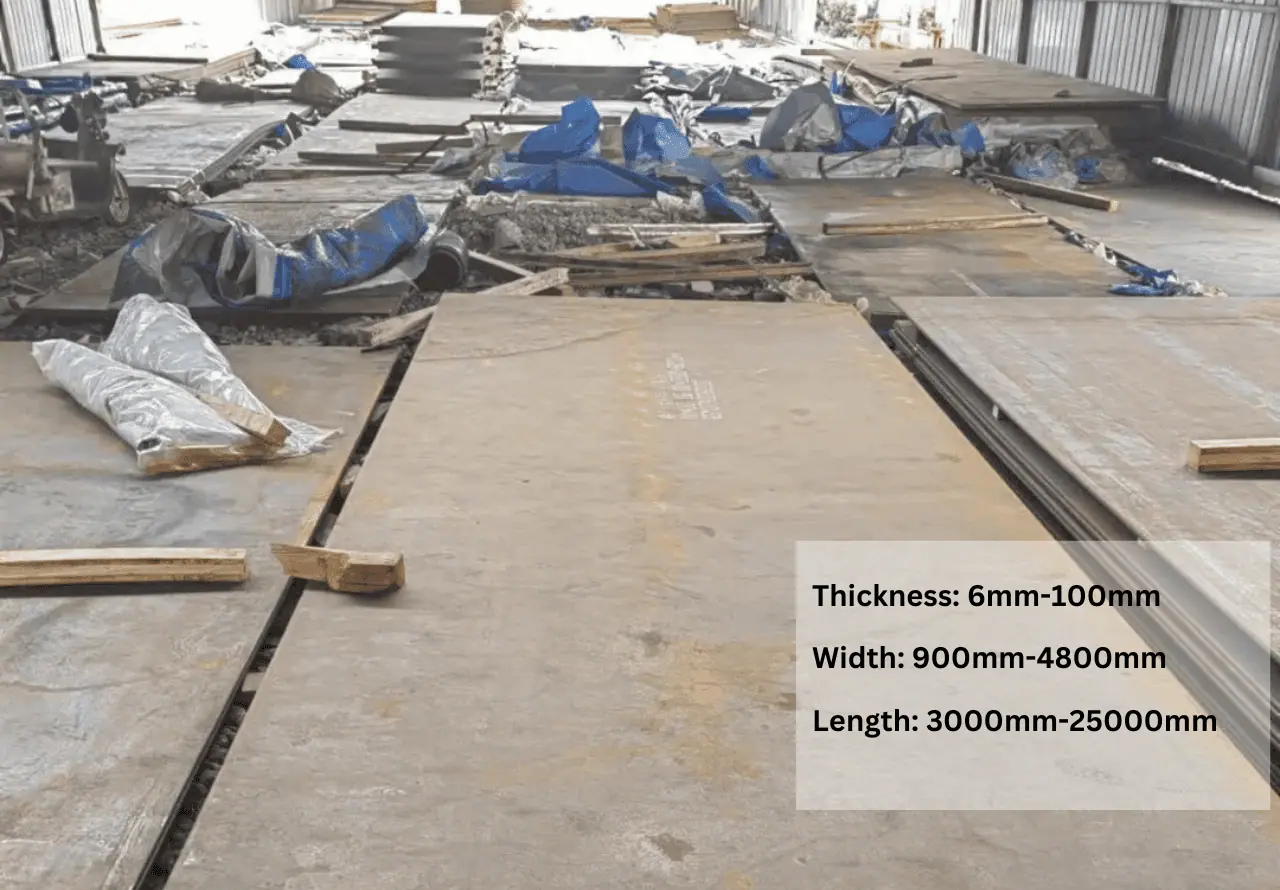
SteelPro Group offers FH36 high-strength steel for shipbuilding. It has...


